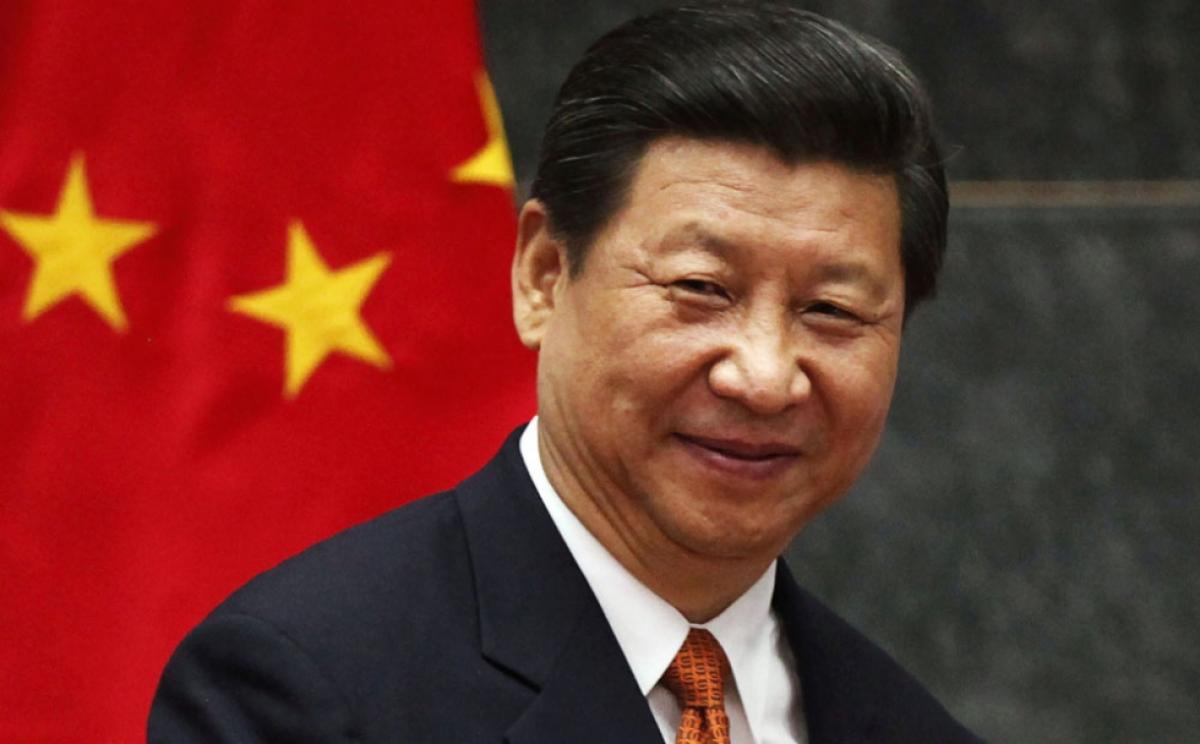Live
- Why plant-based milks may not be healthy
- Jharkhand: Ayushman Bharat cards in demand, Sahebganj residents rush to the centre
- Supreme Court likely to pass directions on implementation of policy to curb air pollution in Delhi-NCR tomorrow
- The first day of Group-2 Paper 1, 2 exams in Wanaparthy district ended peacefully, said Additional Collector Revenue G. Venkateswarlu
- VP Dhankhar urges corporates to invest in education
- Punjab DGP, MHA official request farmer leader Dallewal to end 20-day fast
- Stage Collapse During Swearing-In Ceremony of KUDA chairman in Kakinada
- Govt unveils ‘Jalvahak’ to boost inland waterways
- List of criminals: Delhi BJP chief on AAP panel of 38 candidates
- PSBs in India clock record Rs 1.41 lakh crore in net profit in FY24









